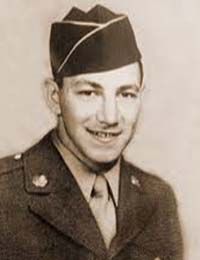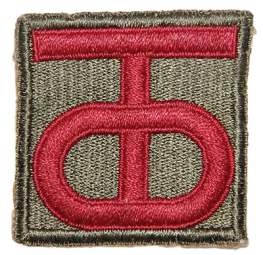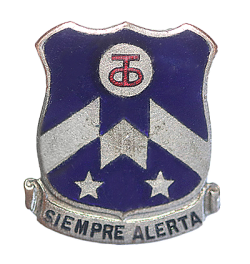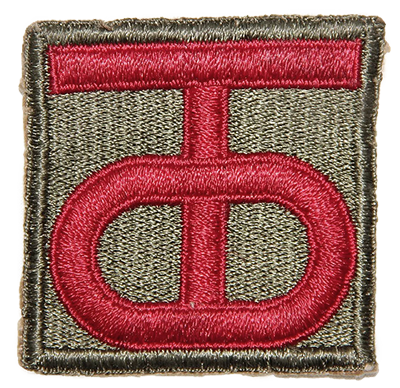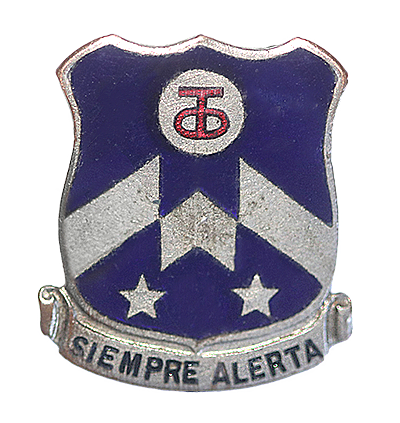I landed on D+2 at Utah Beach, Normandy, France as a replacement for Company " C " 357 Inf. 90th Division. I fought as a rifleman from June 8, 1944 to Jan. 13, 1945, without being wounded. Any infantryman, who landed in Normandy, France on June 06, 07, 08. or 09,1944, saw plenty of combat action against the enemy.
An infantryman had to fire his weapon, whether it was a M1 rifle, BAR, or machine gun, at the enemy. He also had to throw hand grenades from behind one hedge, to where the enemy was taking cover, behind another hedge. At the same time he has to seek cover behind a hedge, all the while, he is being fired upon by the enemy with rifle fire, concussion grenades, machine gun fire, motor shells, and artillery.
He has to pray, that he is not wounded or killed. He has to relieve himself often, (pee). When darkness falls, he has to dig a fox hole, and open a can of "C" or "K" rations, then if he has a buddy near him, they take turns on guard, one sleeps 2 hours and then the other one, wakes him, and then he sleeps, 2 hours. This is to be sure that the enemy doesn't counter attack, and catch us both asleep. If the enemy doesn't attack during the night, then we have to attack. Some days we may take one or two rows and some days we take none, other days we have to fall back.
This hedgerow fighting went on for over a month until we finally broke out of the hedgerows. It was a great relief to be able to ride atop a Patton Tank until we met resistance again. Then it was back to fighting and digging foxholes again. General Patton was our commander. We hated him because he made us continue to chase the enemy, after we broke out of the hedgerows. We were tired. Then our Sherman Tanks ran out of gas, and we had to park them in open fields.
This is when the enemy observers saw us and they zeroed in on us, and we were clobbered. After that we all loved General Patton and think that He was the Greatest General we ever had. We had just broken through the hedgerows of Normandy and were traveling fast and meeting no resistance. We entered the town of St Susanne and settled down for the night. My sergeant told me to stand in the middle of the road because "B" Co was coming through and I was to tell them to go to the left, at the fork in the road about 50 yards up the road.
It was about midnight and I heard a truck coming and soon saw it approaching me. I said "HALT" and jumped onto the running board, I asked "B" CO, and heard the driver say "VAS IS". I realized then that they were Germans.I jumped off the running board and started to run toward the buildings, yelling "JERRY"S' JERRY'S. My squad opened fire on the truck as it started to move forward. It went about 20 feet and stopped. We counted nine soldiers in the back of the truck and three in the front seat. All were dead or dying.
On January 13, 1945 I was removed from the front lines for the second time with trench foot (frozen feet). I was in the First Aid Tent waiting to be sent back to the hospital when word camethrough that the Germans were counter-attacking. All the wounded that could fire a rifle were loaded on trucks. They wrapped my feet in a blanket and put me in the truck. They drove us as close as possible to the front and unloaded us. They told us that they expected the Germans to try to break out at this point and we were to hold our positions at all costs. Here are a bunch of wounded soldiers along with cooks, bakers, MP's and whoever else they could find.
The Germans hit us hard and tried to break through our lines, but we held on, it was like shooting ducks in a shooting gallery, we shot so many of them that they finally surrendered. We took many, many, prisoners. We later found out that this was called the "Falaise Gap" that we protected. I was picked up and carried to a truck and brought back to the Aid Station. The soldier next to me looked at me and said "Rocky". He was my best friend! We grew up next door to each other. We had gone through school together and graduated from PORTLAND HIGH SCHOOL in 1942. I asked him where he was wounded and he said that he had frozen feet. We rode together in the ambulance to Verdun, France. There we both were shipped to England. He went to a different hospital than me. I never saw him again until he arrived home in 1946. His name was Reginald Papi and he passed away on September 30, 1974.
I received battle credits for Normandy, Nothern France, Rhineland, Ardennes. I entered the army as a private, made pfc, when I left the States, received a battle field promotation to s/sgt. (Later found out that my promotional papers never reached battalion head quarters, so I was still a pfc). At discharged time I was discharged as a private. At the time of discharge I believe that I was one of the earliest discharged under the point system.
So you see, I entered the army as a private, and was discharged as a private, despite making pfc. and staff sergeant. I served from November 1943 to November 1945. So you see if you were in the infantry during WWII you had to get a shafting. The rear headquarters people never knew what was going on at the front.
